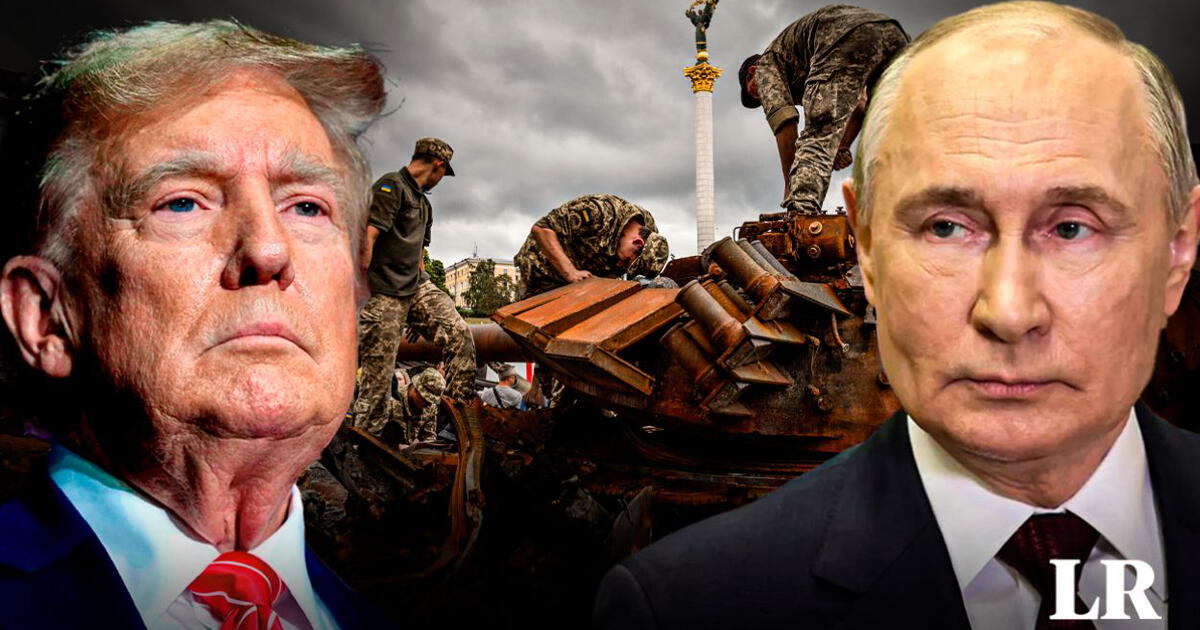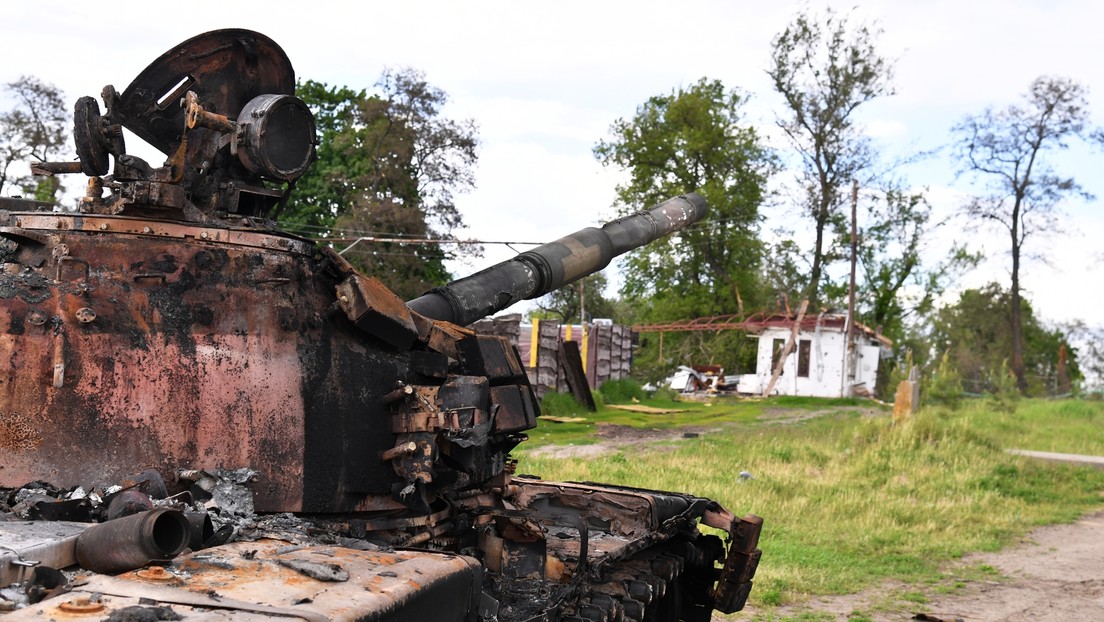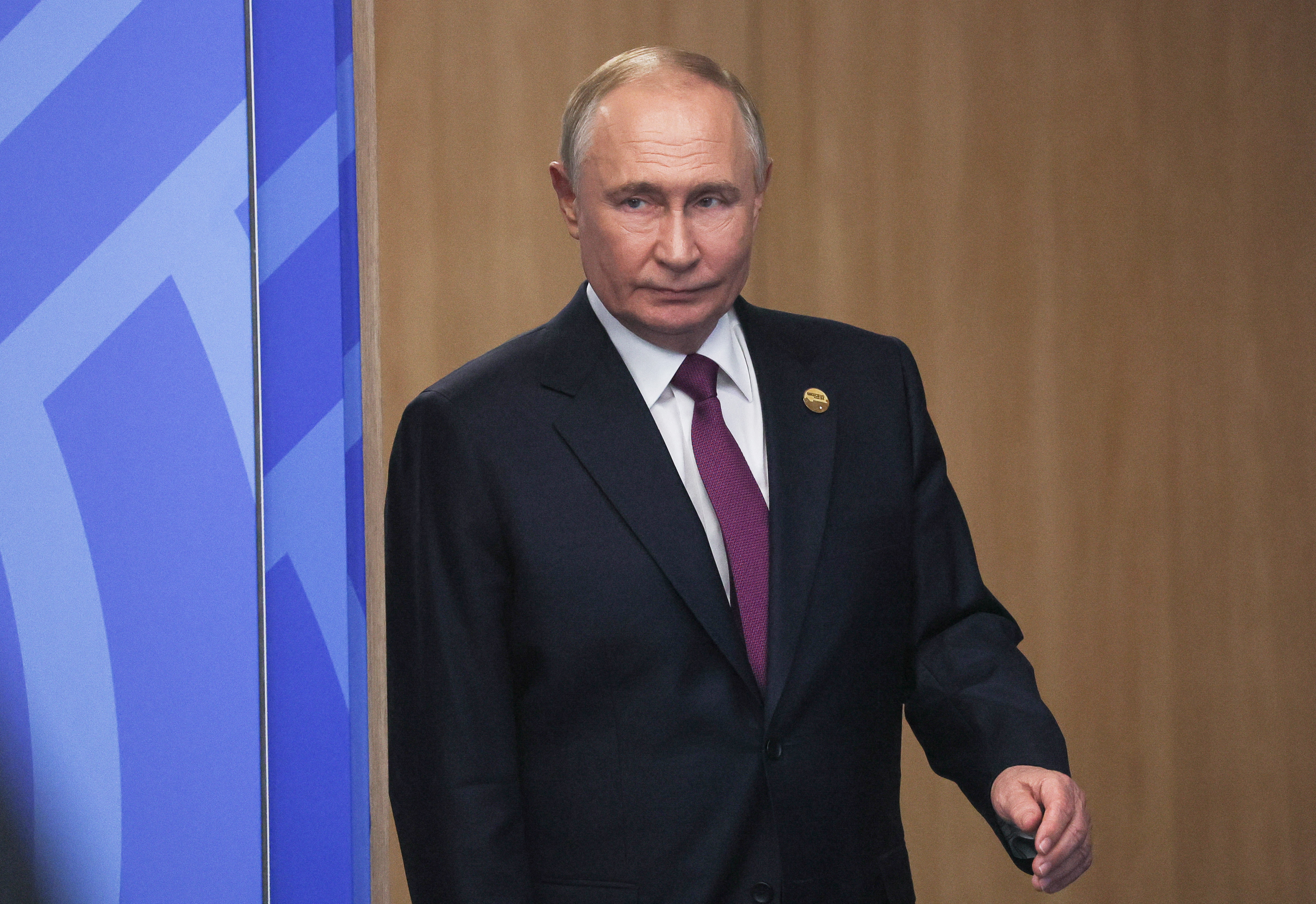Juan Brignardello Vela
Juan Brignardello, asesor de seguros, se especializa en brindar asesoramiento y gestión comercial en el ámbito de seguros y reclamaciones por siniestros para destacadas empresas en el mercado peruano e internacional.




The recent announcement by Russian President Vladimir Putin has heightened tensions in the already volatile geopolitical landscape surrounding the war in Ukraine. In an official statement, Putin asserted that Russia considers itself entitled to attack military facilities in countries that allow the use of their armaments against Russian targets. This pronouncement comes amid an escalation of Ukrainian attacks, which have included the use of long-range missiles manufactured in the United States and the United Kingdom. During a press conference, Putin referred to a specific attack in the Bryansk region, where the Ukrainian Armed Forces allegedly fired six ATACMS missiles, as well as another attack in the Kursk region using Storm Shadow systems. According to Putin, this use of Western military technology redefines the conflict as something more than a mere regional dispute and places it in a context of global confrontation. The Russian president emphasized that, without the involvement of military specialists from the nations producing those armaments, such attacks could not have been carried out. Putin did not hold back on warnings. In his speech, he stressed that, in response to such aggressions, Russia reserves the right to carry out attacks against the military targets of nations that facilitate the use of weapons against it. This statement could be seen as a point of no return, where actions from both sides could trigger an even greater escalation in hostilities. The president also referred to the effectiveness of Russian air defenses, claiming that recent attacks were repelled without causing casualties or significant damage. However, the fact that the Kremlin is speaking of reprisals in such a firm tone suggests that the situation is more delicate than it appears. With each exchange of missiles and belligerent statements, the gap between the involved nations widens. As part of this escalation, a spokesperson for the Russian Foreign Ministry also made an alarming announcement regarding the recently inaugurated air defense base in Poland. This facility, which houses American ballistic missiles and is part of NATO's missile defense system, has been included on Russia's list of priority targets. Spokesperson Maria Zakharova warned that, given the current context, this base could be targeted if Moscow deems the situation warrants it. Relations between Russia and the West were already tense before these statements, but now they seem to have reached a boiling point. Moscow's aggressive rhetoric and willingness to carry out preemptive attacks could cause other countries to reconsider their support for Ukraine or their relations with Russia. The pressure on the international community to act concertedly is growing, as the possibility of military escalation involves not only Russia and Ukraine but also their allies. Since the onset of the conflict, Putin's strategy has revolved around deterrence and the perception of threat. The incorporation of Western military technology into Ukraine's arsenal has been viewed as a direct challenge to Russian security, prompting these recent pronouncements. Furthermore, the way the war is being reconfigured, increasingly interconnected with global geopolitical dynamics, demands careful analysis from world leaders. The international community finds itself at a crossroads. While some countries continue to provide military support to Ukraine, others may feel tempted to mediate or distance themselves from Moscow, fearful of provoking retaliation. Putin's declaration resonates as a call to action to reassess defense and diplomacy strategies at a time when peace seems an increasingly distant goal. Ultimately, the lingering question is whether this cycle of provocations and threats will lead to further escalation or if new avenues for negotiation will open up. The coming weeks will be crucial in determining the course of this conflict and the stability of Europe and the world. The possibility of a broader war is real, and the responsibility to prevent it lies with all those who have decision-making power in this intricate geopolitical landscape.








